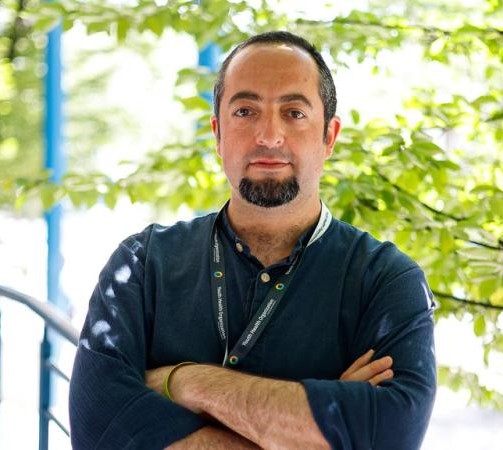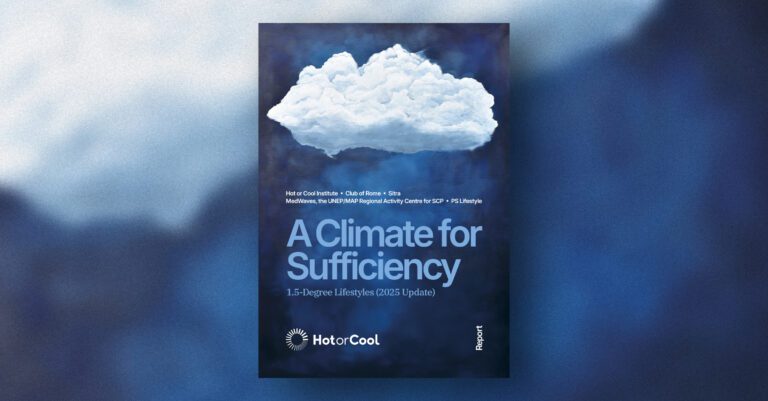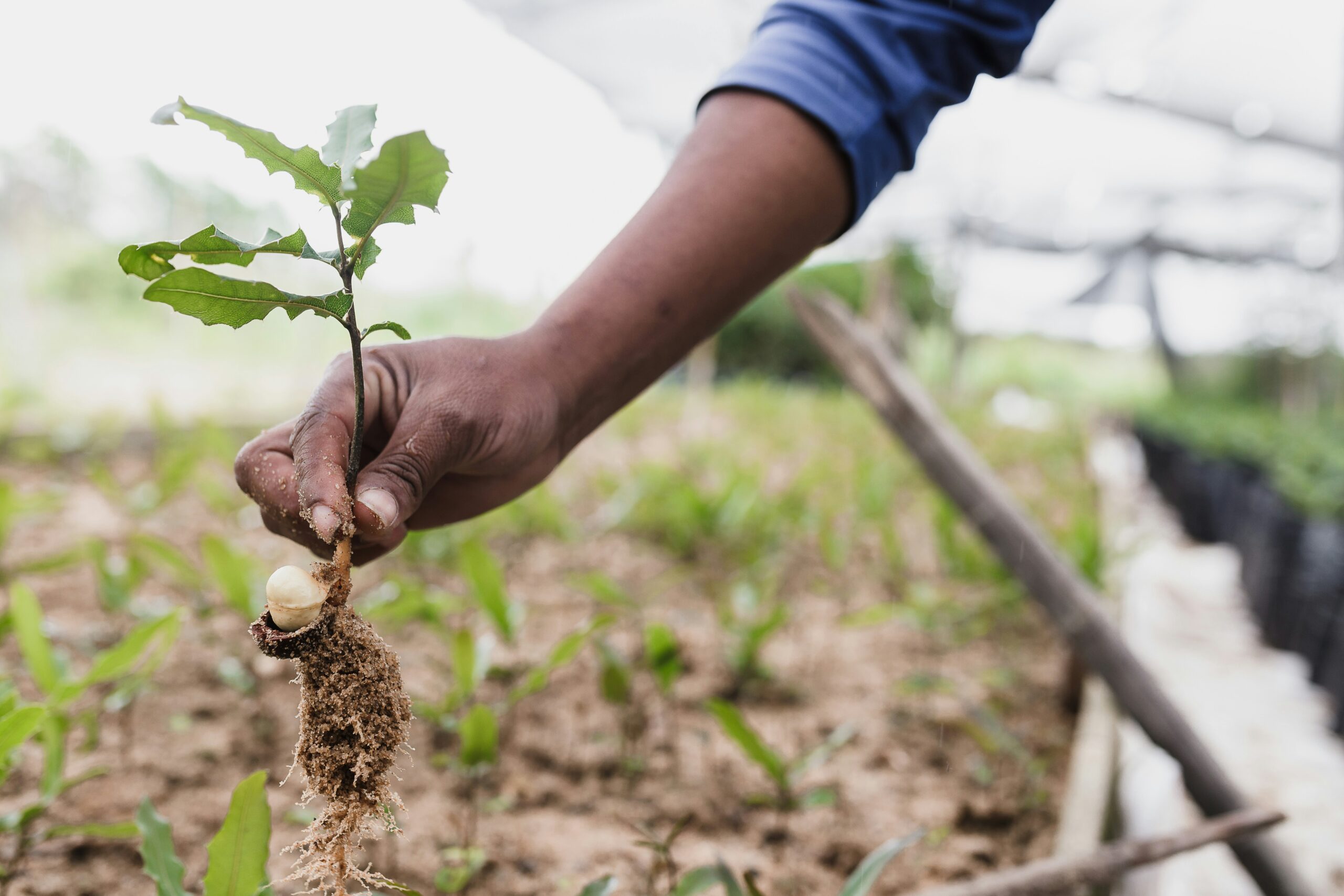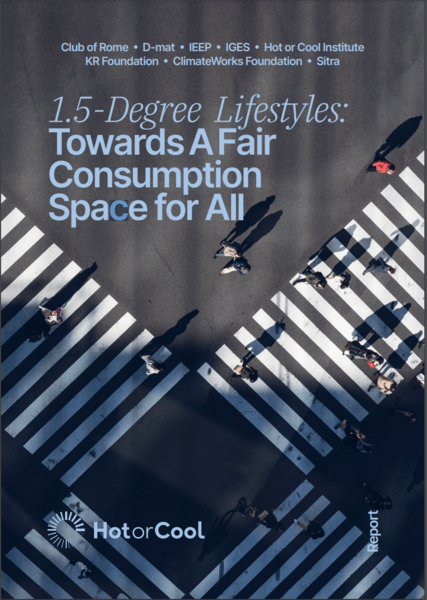
Dr. Alessandro Galli
Research Director
“A mind is like a parachute. It doesn’t work if it is not open.”- Frank Zappa.
Alessandro is a macro-ecologist and sustainability scientist with a passion for anthropology and human behavior. His research focuses on the overall human metabolism and how it squares with the planet’s limits, especially in key societal sectors such as food, tourism and education. His main ambition is to contribute to and support evidence based decision-making processes via sustainability indicators and environmental accounting tools, to help address the global challenge of collaborating to live well within the limits of our planet.
Since 2008, Alessandro has been working with government agencies, NGOs and academia in Europe, North and Latin America, and the Middle East. He has collaborated with the National Government of the United Arab Emirates, Kuwait, Morocco, Slovenia and Montenegro, where he supported the Ministry of Sustainable Development and Tourism in the national transposition of the global SDGs, and contributed to the country’s National Strategy for Sustainable Development 2016-2030. From 2010 to April 2024, Alessandro has led the Mediterranean-MENA program of Global Footprint Network.
Alessandro holds a PhD degree in Chemical Science from the University of Siena (Italy). He currently serves as Steering Committee member of the Biodiversity Indicator Partnership (BIP), as Chair of the Scientific Committee of the Common Home of Humanity, and scientific advisor to the Planetary Accounting Network. As of July 2022, Alessandro is the elected president of the MEET Network Association.
Related resources
Research highlights and accomplishments
Alessandro has co-authored more than 60 peer-review articles (h-index = 33), and contributed to several editions of WWF’s Living Planet Reports. Among its most influential articles are:
- Galli A., Antonelli, M., Wambersie, L., Bach-Faig, A., Bartolini, F., Caro, D., Iha, K., Lin, D., Mancini, M.S., Sonnino, R., Vanham, D., Wackernagel, M., 2024. EU-27 ecological footprint was primarily driven by food consumption and exceeded regional biocapacity from 2004 to 2014. Nature Food 4, 810–822 (2023). https://doi.org/10.1038/s43016-023-00843-5
- Ferreira, J.-P., Marques, J.L., Moreno Pires, S., Iha, K., Galli, A., 2023. Supporting national-level policies for sustainable consumption in Portugal: A socio-economic Ecological Footprint analysis. Ecological Economics, 205, 107687. https://doi.org/10.1016/j.ecolecon.2022.107687
- Laurent, É., Galli, A., Battaglia, F., Dalla Libera Marchiori, G., Fioramonti, L., 2022. Toward health-environment policy: Beyond the Rome Declaration. Global Environmental Change, 72, 2022, 102418. https://doi.org/10.1016/j.gloenvcha.2021.102418
- Galli, A., Moreno Pires, S., Iha, K., Alves, A.A., Lin, D., Mancini, M.S., Teles, F., 2020. Sustainable food transition in Portugal: assessing the Footprint of dietary choices and gaps in national and local food policies. Science of the Total Environment 749, 141307.
- Collins, A., Galli, A., Tara Hipwood, T., Murthy, A., 2020. Living within a One Planet reality: the contribution of personal Footprint calculators. Res. Lett. 15 (2020) 025008. https://doi.org/10.1088/1748-9326/ab5f96
- Galli, A., Iha, K., Moreno Pires, S., Mancini, M.S., Alves, A., Zokai, G, Lin, D., Murthy, A., Wackernagel, M., 2020. Assessing the Ecological Footprint and biocapacity of Portuguese cities: Critical results for environmental awareness and local management. Cities 96, 102442. https://doi.org/10.1016/j.cities.2019.102442
- Vanham, D., Leip, A.., Galli, A., et al., 2019. Environmental footprint family to address local to planetary sustainability and deliver on the SDGs. Science of the Total Environment 693, 133642. https://doi.org/10.1016/j.scitotenv.2019.133642
- Galli, A., Đurović, G., Hanscom, L., Knežević, J., 2018. Think globally, act locally: Implementing the sustainable development goals in Montenegro. Environmental Science and Policy, 84, 159–169
- Galli, A., Iha, K., Halle, M., El Bilali, H., Grunewald, N., Eaton, D., Capone, R., Debs, P., Bottalico, F. 2017. Mediterranean countries’ food consumption and sourcing patterns: An Ecological Footprint viewpoint. Science of the Total Environment, 578, 383–391.
- Baabou, W., Grunewald, N., Ouellet-Plamondon, C., Gressot, M., Galli, A. 2017. The Ecological Footprint of Mediterranean Cities: Awareness Creation and Policy Implications. Environmental Science & Policy, 69, 94-104.
- Tittensor, D.P., et al. 2014. A mid-term analysis of progress toward international biodiversity targets. Science, 346, 241-244. DOI: 10.1126/science.1257484
- Galli, A., Wackernagel, M., Iha, K., Lazarus, E., 2014. Ecological Footprint: implications for biodiversity. Biological Conservation, 173, 121-132.
- Weinzettel, J., Hertwich, E.G., Peters, G.P., Steen-Olsen, S., Galli, A., 2013. Affluence drives the global displacement of land use. Global Environmental Change, 23, 433–438.
- Galli, A., Wiedmann, T., Ercin, E., Knoblauch, D., Ewing, B., Giljum, S. 2012. Integrating Ecological, Carbon, and Water Footprint into a “Footprint Family” of indicators: definition and role in tracking Human Pressure on the Planet. Ecological Indicators, 16, 100-112.
- Butchart, S.H.M., et al., 2010. Global Biodiversity: Indicators of Recent Declines. Science, 328, 1164-1168. DOI: 10.1126/science.1187512
- Kitzes J, Galli A, Bagliani M, Barrett J, Dige G, Ede S, Erb K, Giljum S, Haberl H, Hails C, Jungwirth S, Lenzen M, Lewis K, Loh J, Marchettini N, Messinger H, Milne K, Moles R, Monfreda C, Moran D, Nakano K, Pyhälä A, Rees W, Simmons C, Wackernagel M, Wada Y, Walsh C, Wiedmann T., 2009. A Research Agenda for Improving National Ecological Footprint Accounts. Ecological Economics, 68(7), 1991-2007.
In 2010, Alessandro was selected by the WIRED Italy magazine as one of 14 Italian visionaries – including scientists, thinkers, film-makers and researchers – who were invited to indicate priorities for the country in the coming decades, and whose work was featured within the Italian Pavilion at the 12th Venice Biennale of Architecture.
In 2017, Alessandro (together with CHH colleagues) has been among the 14 finalists of the New Shape Prize awarded by the Global Challenges Foundation (out of the initial 2,702 entries received from 122 countries), the biggest competition of its kind seeking improved frameworks of global governance of global catastrophic risks.
In 2022, Alessandro has been included in the list of the top 2% most cited scientists in the “environmental sciences” subfield, according to research from the Meta-Research Innovation Center at Stanford University’s (METRICS). For two years in a row since 2022, he has also been included by Research.com in their ranking of Best Scientists in Environmental Sciences.




